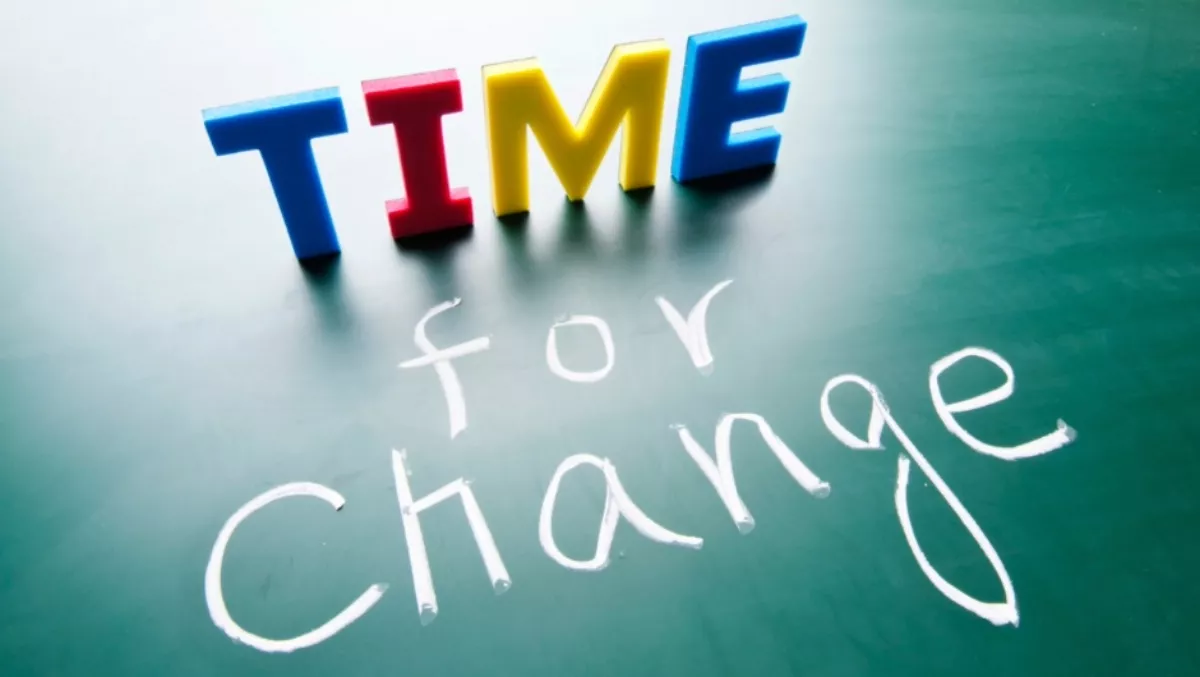
The Education Act Update has received more than 1,800 submissions from the general public and sector groups, which is considered a ‘huge response' by the Ministry of Education.
The Update was implemented to address the Education Act, which became law in 1989 and as such is significantly out of date.
The Ministry of Education launched the consultation to seek the public's views on how to ensure New Zealand's education system focuses more on raising achievement for all children and young people, and on setting a clear direction for early learning services and schools.
The consultation also sought the public's views on how to encourage more innovation and collaboration across the education system, and on how to make the best use of local education provision.
According to the Ministry of Education, the primary focus of the consultation was to:
- Make sure everyone knows the goals for education: What the goals for education should be, and how national priorities for learners aged 0-18 years could be set out.
- Support school and kura boards to focus on what's important: How the responsibilities of boards can be made clearer, unnecessary red tape can be removed, and boards can respond more effectively to lift student and school performance.
- Enable collaboration, flexibility and innovation: How resources can be better focused to get the best whole-of-community education outcomes.
- Make every school and kura a great one: How a graduated range of responses could be developed to better support schools when difficulties arise.
- Make best use of local education provision: How local arrangements can support choice and diversity.
One hundred and twenty workshops and face-to-face meetings were held as part of the consultation.
These were attended by hundreds of principals, teachers, boards of trustees members, students, parents, and family members.
A report summarising all the feedback will be available in early 2016, according to the Ministry.
The submissions, along with the workshop feedback and other evidence, will be used to shape some proposals for the Minister to consider.
The Minister will then seek Cabinet agreement to her preferred proposals. If Cabinet agrees, a Bill will then be drafted.
The Ministry says there will be a further chance to comment on any specific change proposals through a Parliamentary Select Committee process in 2016.
